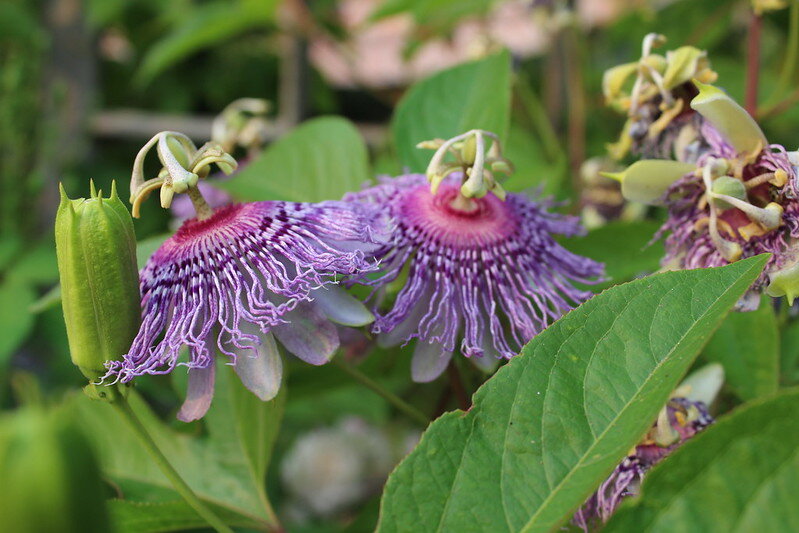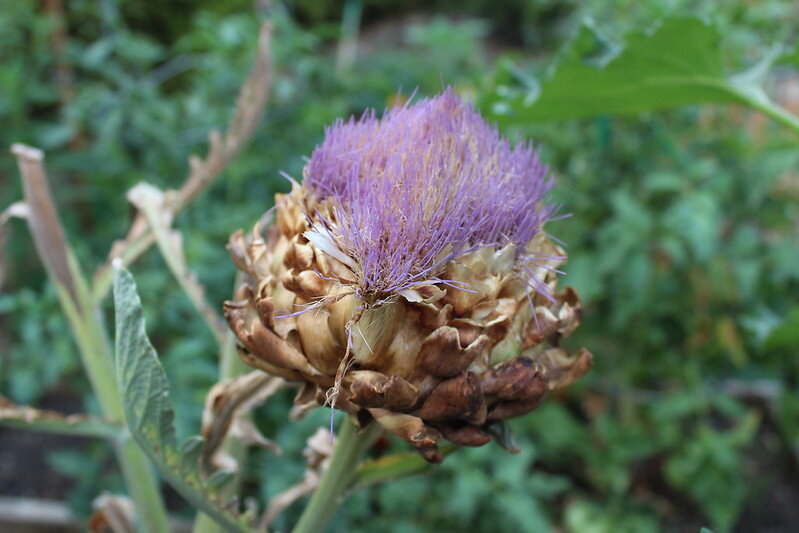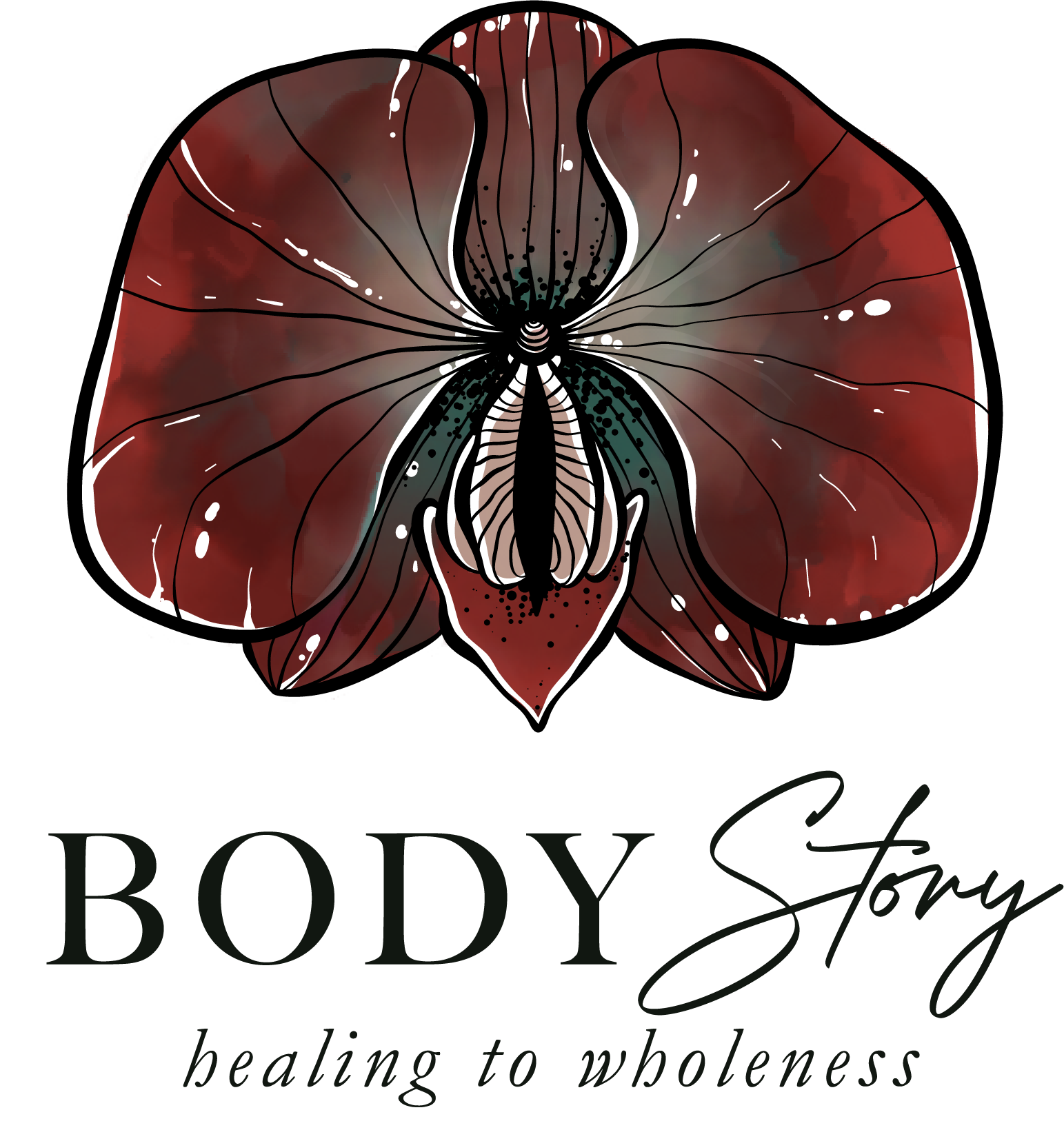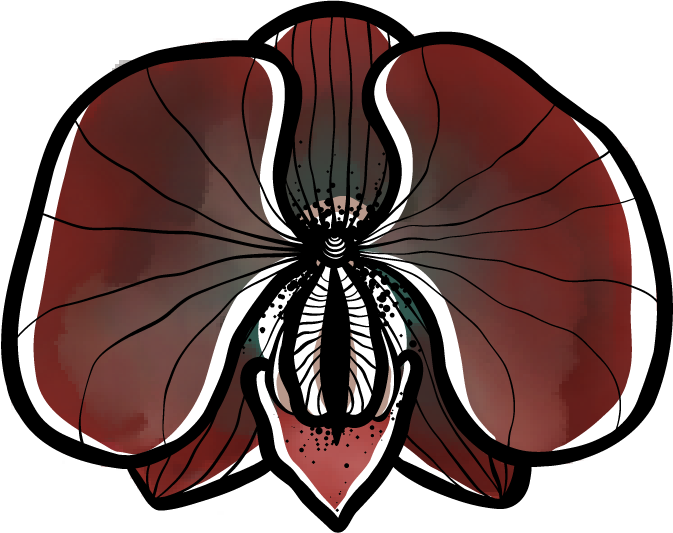Audio recording of this post below:
My grandparents were magical gardeners. Theirs was not so much a garden but a small farm. I would lose myself for days in the carefully laid rows of nascent food that stretched from the rocks of Lake Huron to the sand of Lake Michigan.
Likely the garden was a typical size and I was much smaller (who knows if memory ever really serves), but the space seemed massive to me. In the summer my brother and I would trail my grandfather, picking sticky green beans from trellises and digging up worms to catch fish from the lake. My grandmother would fry the fish and boil the beans and dinner was ready. It was a kind of childhood experience that was etched in my heart every summer.

Though I haven’t planted a garden since the spring after my daughter was born, I still consider myself a gardener. Under my grandparents’ gaze, I’ve planted in the concrete sidewalks of Brooklyn, sheep fields of Pennsylvania, and the shadows of the Rocky Mountains. In each of these gardens, I’ve learned that all that is worth growing requires time, attention, and no fear of destruction.
Perhaps this bite of wisdom is useful now. After all, June is a time when we are supposed to be celebrating the end of the hard work of planting. Though this year it feels like everyone may have lost their solstice celebrations, I promise that we have planted many, many seeds that will lead to a fruitful harvest.
What Does Your Garden Grow?
Most of us spent the spring inside, hiding in a cloud of uncertainty in a time when we are used to dancing the blankets of snow off our backs. Then as we turned the corner to summer, we slipped on our sandals to find that same old scarecrow waiting for us in a different hat.
Though it may seem we missed the fertility of springtime, I have heard many stories that tell me otherwise. Sea life is coming back to places that were barren for decades. Skies are filled with birds whose songs are so loud they themselves wonder what has changed. Trees that once held nooses are being uprooted. Before we go thinking that we will suffer a hungry winter, let’s remember that all creation takes root from decay, dirty work, and a touch of alchemy.
Trust the Soil Knows What to Do
There is one other thing that growth of any kind requires — trust. We cannot control the weather, the emergence of a strange weed that strangles the kale, or the ableness of our bodies. Yet all of these will affect our crops leading to some effect that is right in a way we cannot understand in the moment.

This last aspect — the factor of the health of our bodies that are required for such labor — I learned from the last garden I planted. That experience is what allows me to share all of this.
Truthfully I had nearly nothing to do with the planting my garden that year. My womb was full when my husband broke the frozen ground a week before our daughter arrived. During planting season, I sat in a lawn chair, my newborn at my breast making it impossible for me to do anything but direct my visiting family on where to lay the mulch. I felt very wrong about it, like I should have apologized to everyone involved, including my beloved seeds. But I swallowed the guilt, an astringent taste like the first spring peas sucking my mouth dry.
I grew something extraordinary that year (no, not my daughter nor the garden crops — that is far too obvious to bother with all these words). What grew in my lawn chair throne was my ability to slow down, release control, and sit with my own discomfort.
I did not trust what I was planting at the time, which is what makes me such a credible person to share this wisdom with you. I hated sitting there, feeling helpless, alone, and completely dependent like a baby myself. But I did it and I did not die.
Perhaps you do not trust it now, whatever is growing for you. Perhaps you are fighting against it, this feeling of stuckness and insecurity. But I guarantee that you will soon find that you cannot live without the fruit that is taking hold. Right now you might think it is a weed and pull it out with reckless abandon, but you will find it has taken hold again and again and again. Lean toward that crop; it is the one that will fill your belly most this fall.
Scar Tissue
There’s one more thing that kept me sitting down while everyone was planting my garden: a three-inch scar from my vagina to my anus that came from giving birth. Around the time I harvested the first cauliflower from that last garden, I finally had the courage to look at it.
I was scared when I saw it. In this softest part of me was a new hard line that did not look or feel like any of the flesh around it. It was alien, the place where my maiden self bled out. I had cut a new row in my garden-body, a place from which patience, wisdom, and intuition sunk their taproots.

No matter how carefully bandaged our wounds are, alchemy is happening in the places where we are split open. Gardeners understand this every time they pay good money for bags of horse shit to spread around the soil, cut lines in the piles of excrement, and plant their seeds. Later that summer, they will pull a carrot and eat it unwashed with joy in their eyes. The law of the garden is that things change for the better when they go underground for a while. Deep in our scars — of skin, dirt, or hearts — life is reaffirming itself.
It is hard to swallow this truth when our flesh is exposed to the wind. Our first response — a very human one — is to close up the wound, to erase the pain. But the real medicine is to listen to the call to look inward. In this pain and bloodletting there is a window with a very clear view.
My body has taught me that scars will forever respond differently than the rest of my flesh. Though they appear tougher, it is their toughness that requires more care. Sometimes, depending upon the depth of the cut and how well we were nursed, the healing means a new visit from the pain every so often. Being cut open is a part of life. Each time it happens, we can respond with the sweet breath of a mother blowing on a freshly cleaned cut. We forget the sting in the face of kindness.
If you find yourself cut open, bleeding out, hopeless and helpless, simply pause. Look at the pulsing flesh and be in awe of the exposed tissues that make you human. Plant something in this space, but not before ripping out the weeds and last year’s dried stalks. Then, when the planting is done, you will dance. Move your body to the drumbeats that honor the Earth, because for all the times we have cut her and her people, we continue to grow. Resilient, gorgeous, and juicy — we grow.

Journaling practice for you
Set a timer for 10 minutes and write freely without stopping on any one of these prompts:
-
Alchemy means to transform a mundane substance or experience into gold, metaphorical or otherwise. What experiences have you alchemized in your life? What allowed you to move from pain to brilliance?
-
Write about your scars. Pick one or a few and tell their stories. What healing happened in these spaces?
-
What kinds of gardens have you planted in your life? What did you learn about yourself in the process?




